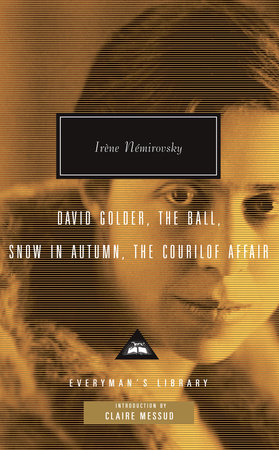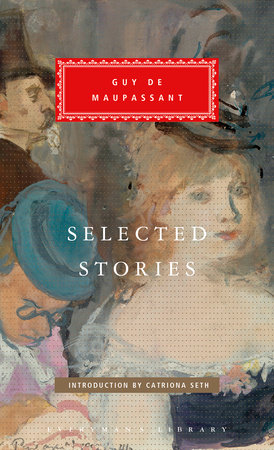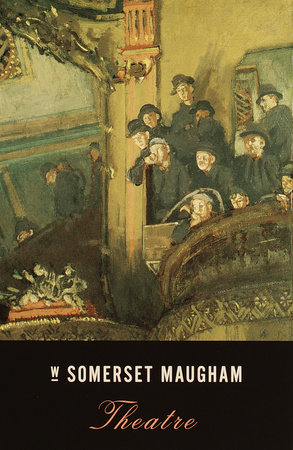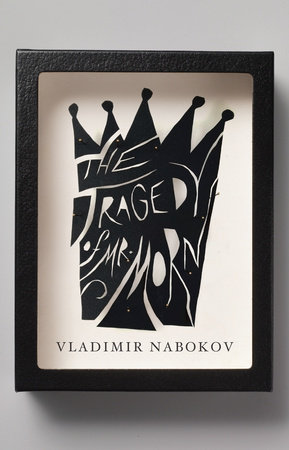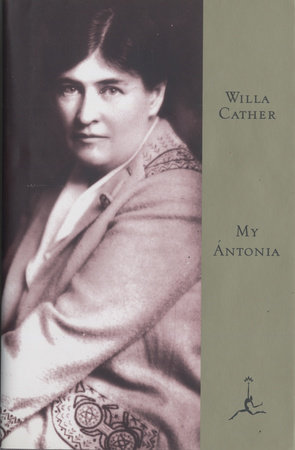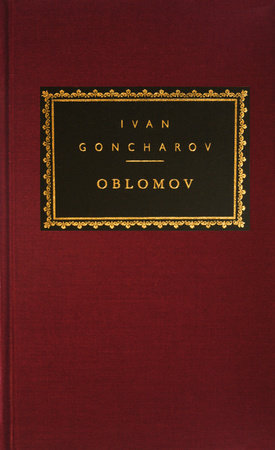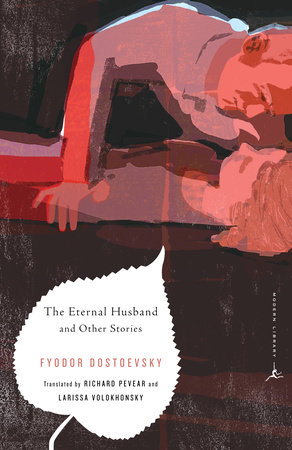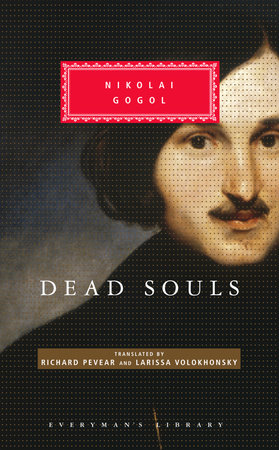“Stunning . . . [Némirovsky] wrote, for all to read at last, some of the greatest, most humane and incisive fiction that conflict has produced.”
—New York Times Book Review
“Némirovsky’s scope is like that of Tolstoy: she sees the fullness of humanity and its tenuous arrangements and manages to put them together with a tone that is affectionate, patient, and relentlessly honest.”
—O, The Oprah Magazine
“Extraordinary . . . Némirovsky achieve[s] her penetrating insights with Flaubertian objectivity.”
—The Washington Post Book World
“Brilliant . . . [Némirovsky wrote] with supreme lucidity [and] expressed with great emotional precision her understanding of the country that betrayed her.”
—The Nation
[Némirovsky had] an alert eye for self-deceit, a tender regard for the natural world, and a forlorn gift for describing the crumbling, sliding descent of an entire society into catastrophic disorder.”
—London Review of Books
“Transcendent, astonishing . . . Like Anne Frank, Irène Némirovsky was unaware . . . that she might not survive. And still, she writes to us.”
—Pittsburgh Post-Gazette
“A novelist of the very first order, perceptive and sly in her emotional restraint.”
—Evening Standard (London)
